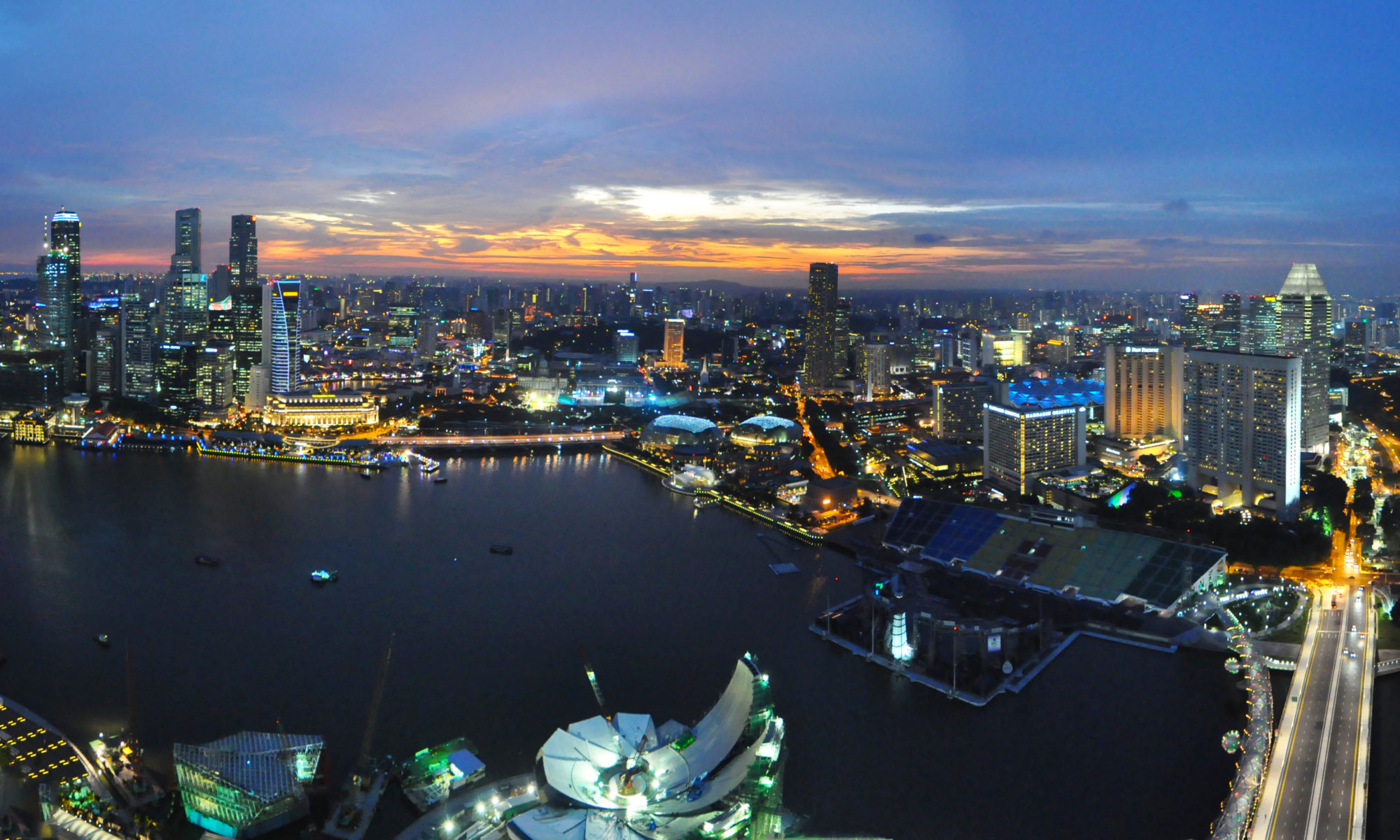I stumbled upon the “Infectious Diseases” section of my helpful Lonely Planet guide. I’m taking this book with me to the travel clinic tomorrow to check off the shot/pill that I need for each of them. I most certainly will not be letting a monkey bite me.
Cutaneous Larva Migrans. “This disease, caused by the dog hookworm, is common on the beaches of Thailand.” The dog hookworm! How awesome is that?
Dengue. “Dengue used to be known as the breakbone fever.”
Filariasis. “The most spectacular symptom of lymphatic filariasis is elephantiasis—thickening of the skin and underlying tissues.”
Hepatitis A. “Jaundice, nausea, and lethargy.”
Hepatitis B. “Up to 20% of the population [in the Mekong region] carry Hepatitis B.”
Hepatitis E. “It is a severe problem in pregnant women and can result in the death of both the mother and the baby.”
HIV. “Heterosexual sex is now the main method of transmission in these countries.”
Influenza. Ha! Fuck this. I ain’t afraid of no bird flu.
Japanese B Encephalitis. “There is no treatment, and a third of infected people will die while another third will suffer permanent brain damage.”
Malaria. “Remember that malaria can be fatal.” Also remember that tonic contains malaria’s cure, quinine. One stiff gin and tonic coming up. Problem solved. At least that’s how I reason this. No research required. NONE.
Measles. “Measles starts with a high fever and rash and can be complicated by pneumonia and brain disease.”
Rabies. “Still a common problem in most parts of the Mekong region, this uniformly fatal disease is spread by the bite or lick of an infected animal — most commonly a dog or monkey.” The whole idea of a monkey knife fight is that the monkeys are fighting each other. I won’t be fighting any monkeys.
Schistosomiasis. “A tiny parasite that enters your skin after you’ve been swimming in contaminated water.”
Sexually Transmitted Diseases. “Most common in the Mekong region include herpes, warts, syphilis, gonorrhea, and chlamydia.” Most common everywhere, no?
Strongyloides. “Most people don’t have other symptoms until their immune system becomes severely suppressed, when the parasite can cause an overwhelming infection.”
Tuberculosis. “Fever, cough, weight loss, night sweats, tiredness.” Sounds like a normal trip to me.
Typhoid. “Serious bacterial infection … spread via food and water.”
Typhus. “Fever, muscle pains, rash.”
Note that Lonely Planet did mention that about half of these are very uncommon in travelers.
